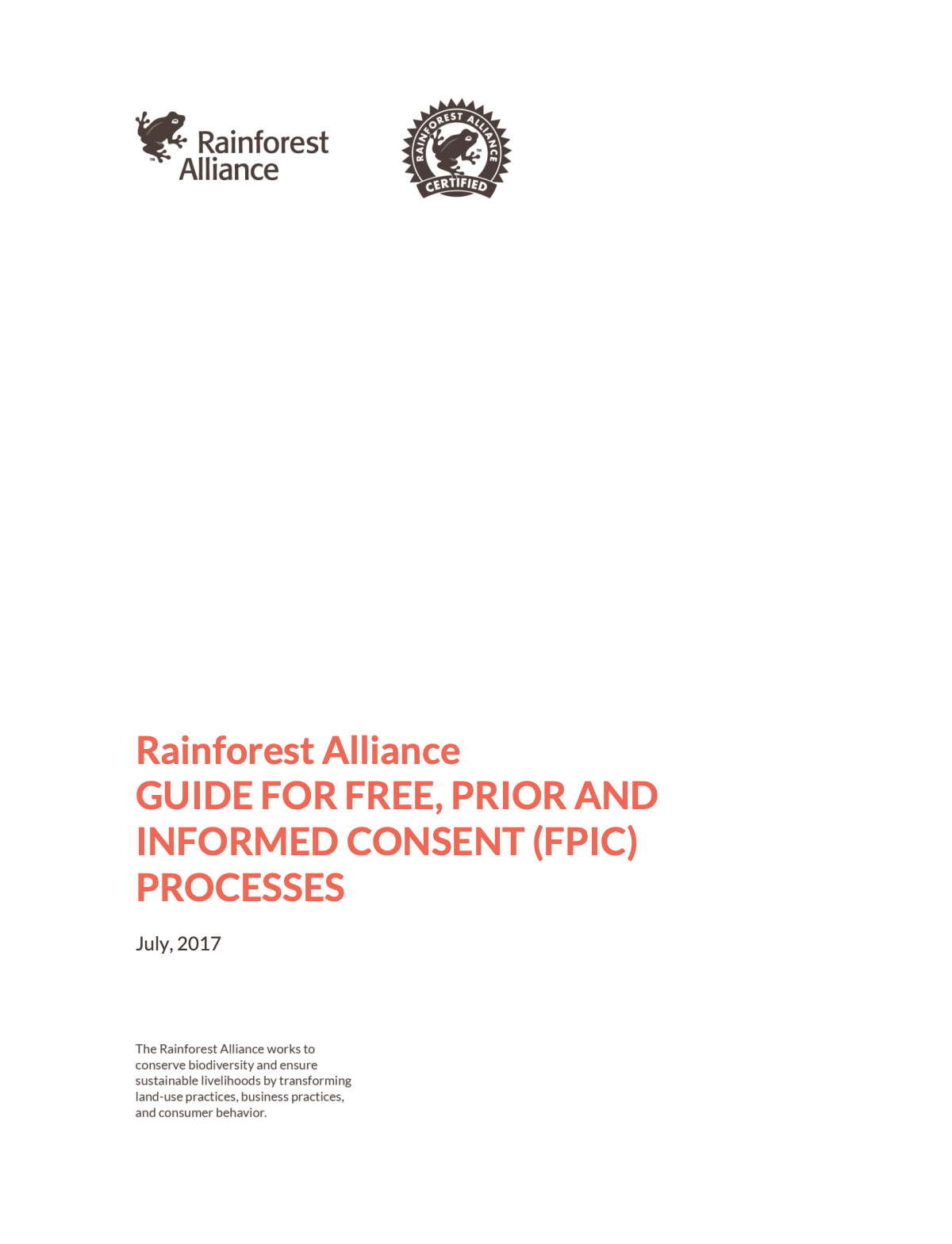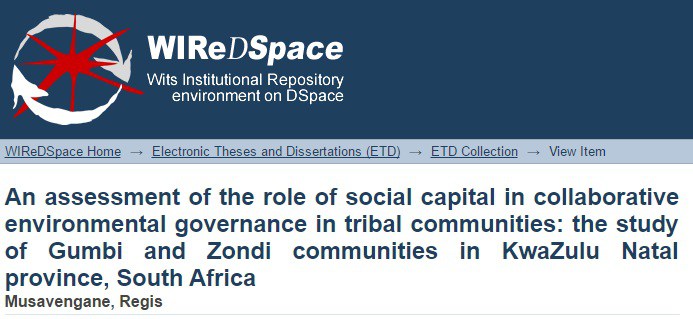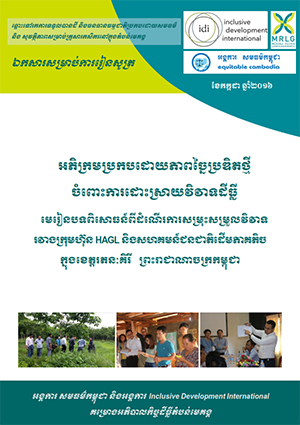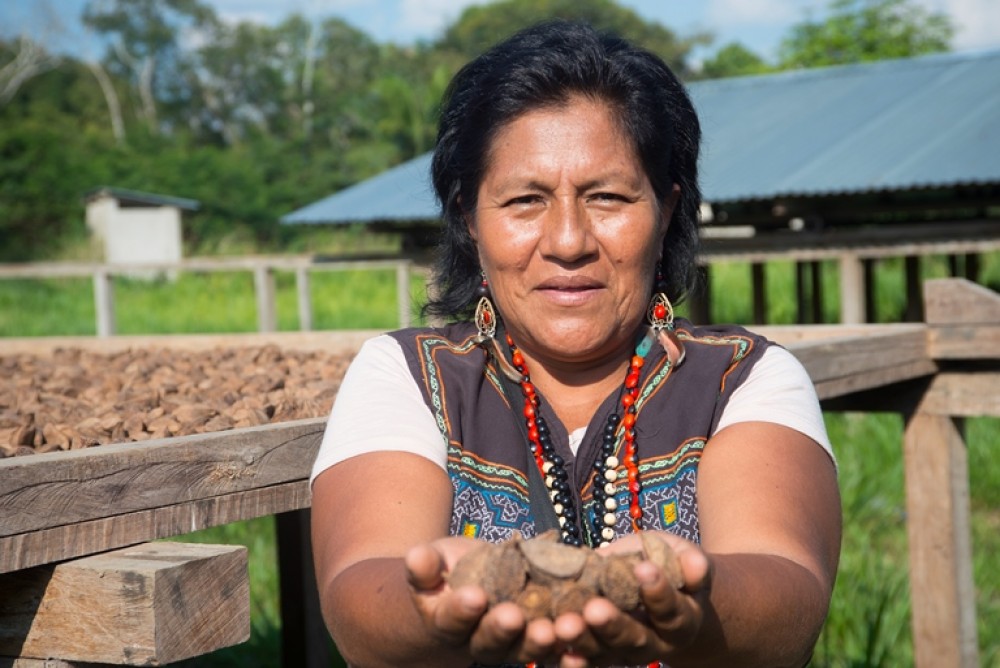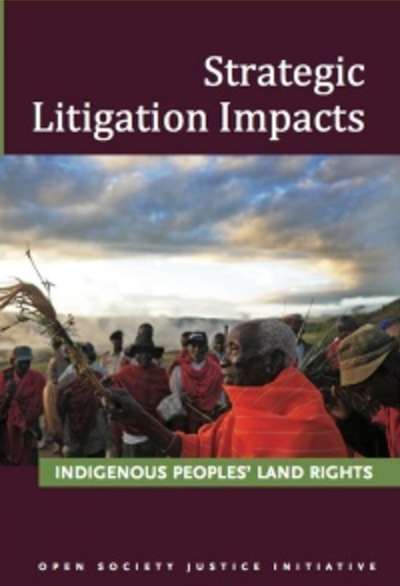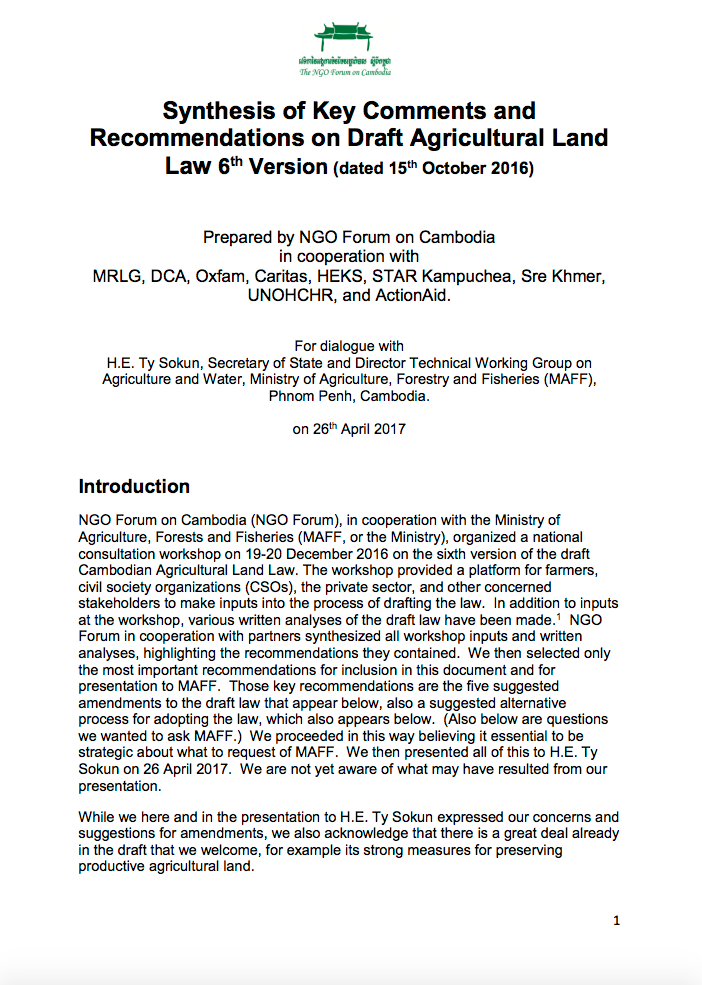Dealing with displacement in Myanmar’s peace process (Working Paper).
Executive Summary:
"Myanmar has been engaged in a process of political change since 2011. A central goal of these reforms
has been the attempt to resolve political conflicts between ethnic armed organisations (EAOs) and the
Myanmar Government. Talks began under the ‘civilian
government’ led by Thein Sein and have continued
under the National League of Democracy (NLD)
-
led Government. However, several years of talks have
produced little concrete progress.
This is a complex peace process, which has only the partial inclusion


